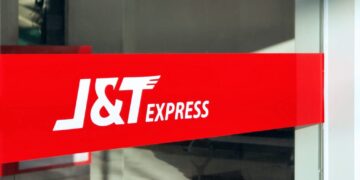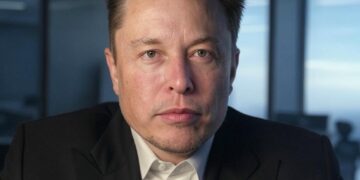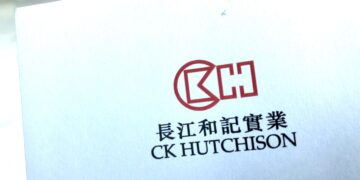Most Asian markets pushed higher, with Seoul, Sydney, Singapore, Taipei, Mumbai and Manila in positive territory
In Hong Kong, the benchmark Hang Seng Index ended up 36.15 points, or 0.16 percent, at 22,008.11
Mainland Chinese stocks closed lower, with the benchmark Shanghai Composite Index down 0.05 percent to 3,286.65.
The Shenzhen Component Index closed 0.05 percent lower at 9,849.80.
A month that started with the explosion of Washington’s “Liberation Day” tariffs on April 2 was on course for a more positive close as governments line up to cut deals to avert the full force of the measures.
The White House said foreign auto firms paying tariffs of 25 percent for their US car and parts shipments would not face other levies such as those on steel and aluminium, the Wall Street Journal said. Companies will also be reimbursed for fees already paid.
The move is aimed at making sure the various tariffs Trump has unveiled do not stack up on top of each other.
Stephen Innes at SPI Asset Management said the move was able to “reinforce the market’s hope that, even if the US-China heavyweights are still circling each other, there’s still room for incremental detente elsewhere”.
While there is a hope that the president’s other sweeping measures on trade partners can be tempered before a 90-day stay of execution comes to an end in July, there appears to be little movement with China.
The White House has imposed 10 percent tariffs on most US trading partners and a separate 145 percent levy on many products from China. Beijing has responded with 125 percent tariffs of its own.
Reports last week said China was considering exempting some US goods from its retaliatory tariffs but officials have said there are no active negotiations between the economic superpowers.
On Monday a Chinese official denied Trump’s claims he had spoken recently with President Xi Jinping.
The chance of a deal between the two for now seems remote, with US Treasury Secretary Scott Bessent telling CNBC that negotiations were ongoing but the ball was in China’s court.
“As I’ve repeatedly said, I believe it’s up to China to de-escalate, because they sell five times more to us than we sell to them. So these 125 percent tariffs are unsustainable,” he said in an interview aired on Monday.
While uncertainty rules on trading floors, most Asian markets pushed higher on Tuesday, with Sydney, Singapore, Taipei, Mumbai and Manila in positive territory.
Seoul also rose as auto makers Hyundai and Kia were boosted by the auto tariff news.
London, Paris and Frankfurt opened with gains.
Shanghai dipped and Tokyo was closed for a holiday. (AFP)






















